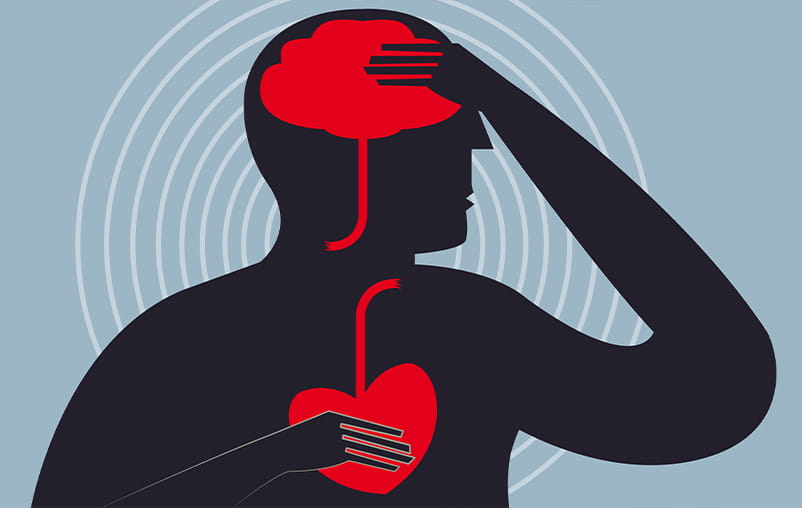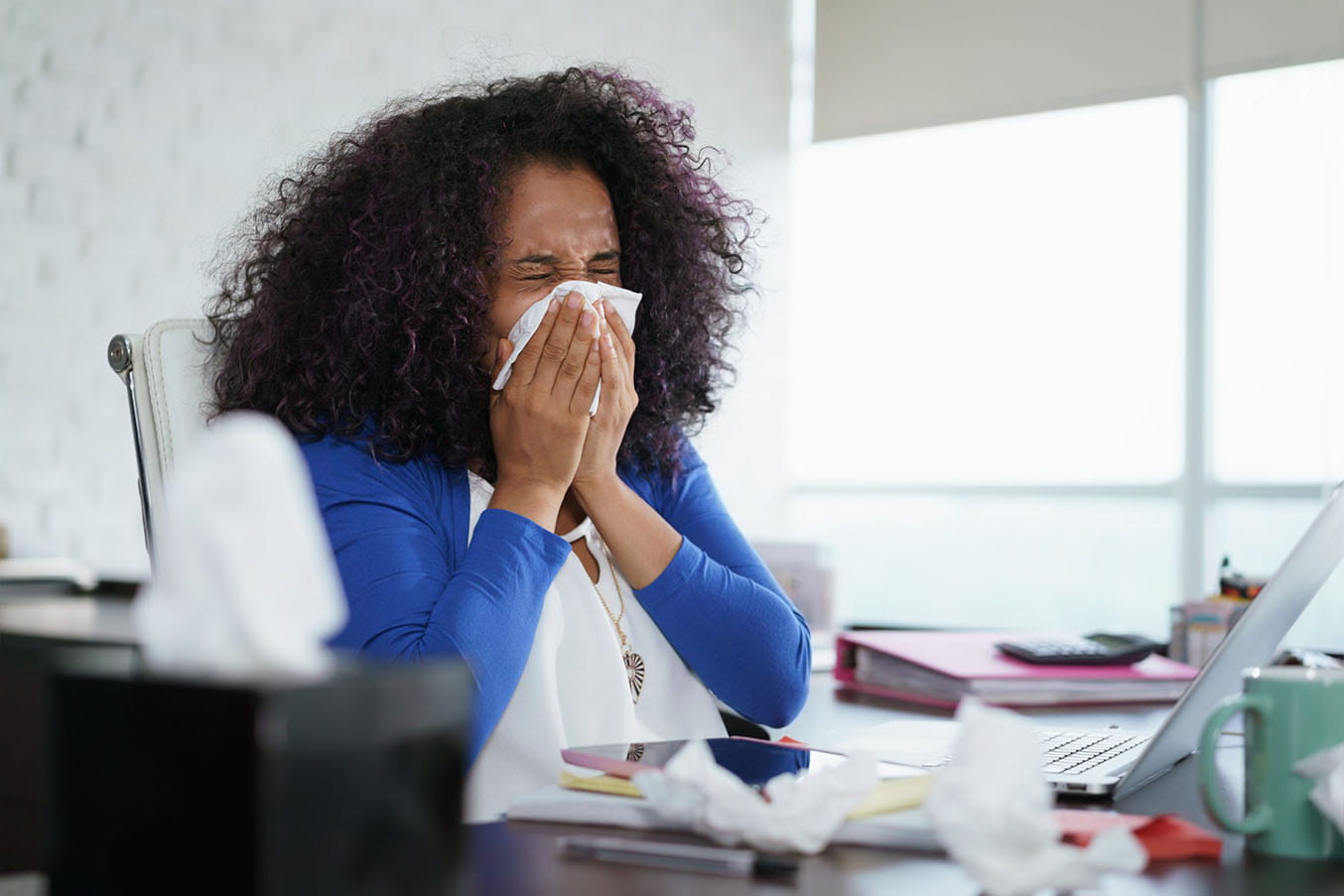Do you have a rosy outlook and see the glass as half-full rather than half-empty? If so, your good attitude may have even more benefits than you think.
A growing number of scientific studies suggest optimistic people tend to live longer and have better physical and mental health than pessimistic people.
The science behind the smiles
The idea of optimism leading to better health has been studied. Researchers reviewed the results of over 80 studies to look for common findings. They found optimism had a remarkable impact on physical health.
The study examined overall longevity, survival from a disease, heart health, immunity, cancer outcomes, pregnancy outcomes, pain tolerance and other health topics. It seemed that those who had a more optimistic outlook did better and had better results than those who were pessimistic.
Having a positive attitude can boost your physical health, no matter what might be ailing you. The researchers also noted that optimism seemed to have consistent benefits for people regardless of demographic factors such as income level or overall health status.
How to be more optimistic
Changing from a pessimistic mindset to an optimistic one isn’t easy. Start with these tips:
- Think positive thoughts about yourself and others.
- Consider limiting your online use of social media sites if you tend to compare yourself with others who post on those sites.
- Stop comparing yourself with others in a competitive way. Each person has unique and special talents that are to be valued.
- Try to find the good in every situation, even at difficult moments.
- When facing a challenge, focus on achieving a positive outcome, rather than expecting defeat.
- Explore your own beliefs about the meaning and purpose of life, whether they are philosophical or religious.
- Strive to improve your physical health through exercise, a healthy diet, and good sleeping habits and hygiene. The better you feel, the brighter your outlook will be.
- Challenge your mind every day by learning something new, including learning about yourself and your family history.




